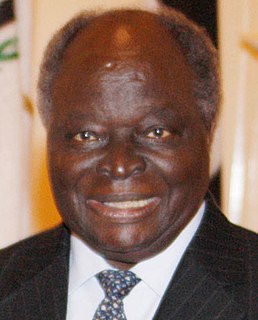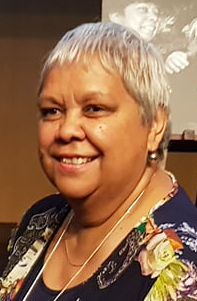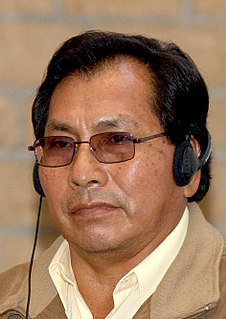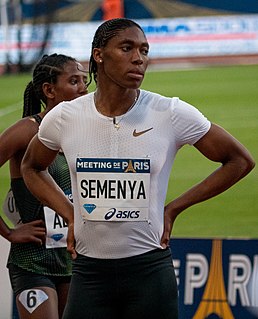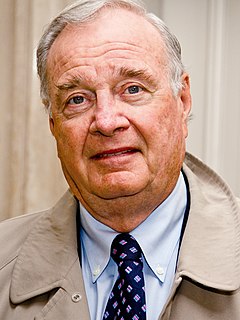A Quote by Erin O'Toole
Canada has, entrenched in our Constitution, a world-leading recognition of Indigenous rights.
Quote Topics
Related Quotes
Democracy is not freedom. Democracy is two wolves and a lamb voting on what to eat for lunch. Freedom comes from the recognition of certain rights which may not be taken, not even by a 99% vote. Those rights are spelled out in the Bill of Rights and in our California Constitution. Voters and politicians alike would do well to take a look at the rights we each hold, which must never be chipped away by the whim of the majority.
For Indigenous Australians, equal rights and citizenship have not always translated into full participation in Australian society. All Indigenous Australians have only been counted in the census since the 1967 Referendum. Even so, State protection and welfare laws continued to control the lives of Indigenous Australians and denied them equal rights, well into the 1970's.
US law and international human rights law have radically diverged in the past years in terms of the recognition of indigenous people's rights. International human rights law now looks at not whether or not the tribes have formal ownership or legal title in a Western legal conception might have it, but rather they look at the tribe's historical connection to that land.
We, the People of this country, have no unalienable rights... all our rights are subject to modification... the Constitution of the United States of America is nothing more than a piece of paper and... our government should not be restrained by the Constitution because our government can do good things for people.
We are now facing a difficult situation in Peru, where there are attempts to cut back the territorial rights of the indigenous peoples, including moves to divide, fragment and privatise our communal organisations. Now more than ever, it is a matter of urgency for us to consolidate our own indigenous alternatives for development.
We should remember that the Declaration of Independence is not merely a historical document. It is an explicit recognition that our rights derive not from the King of England, not from the judiciary, not from government at all, but from God. The keystone of our system of popular sovereignty is the recognition, as the Declaration acknowledges, that 'all men are created equal' and 'endowed by their Creator with certain unalienable Rights.' Religion and God are no alien to our system of government, they're integral to it.
At the end of the day, these are issues that need to be discussed: femicides, among other things - immigrant rights, women's' rights, indigenous people's rights, animal rights, Mother Earth's rights. If we don't talk about these topics, then we have no place in democracy. It won't exist. Democracy isn't just voting; it's relegating your rights.
If you take a look at the breaches of rights, whether it's the underfunding of education or health care, and all these issues which accentuate the poverty of Canada's indigenous people, and the lack of reaction to them - it becomes clear that if Canadians understood what's at stake, they wouldn't stand for it.

